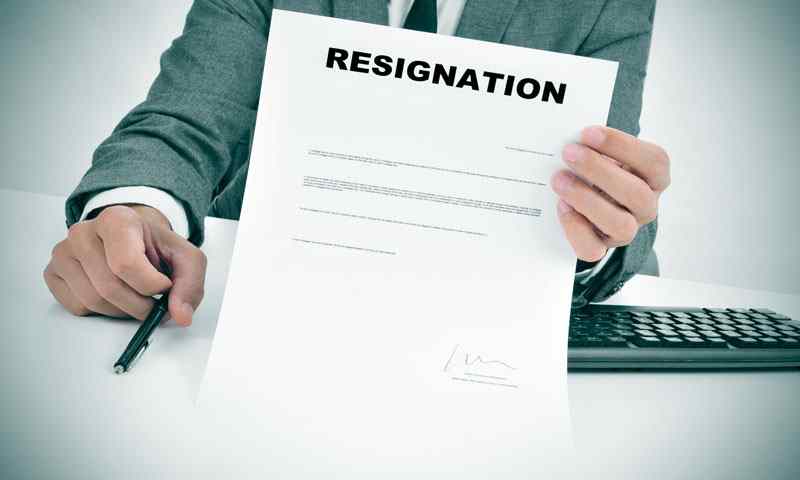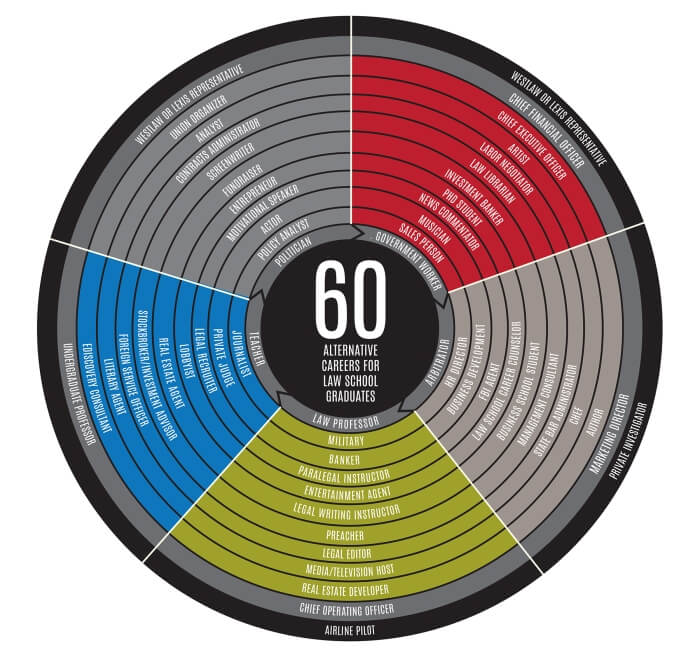Summary: Amidst Christians’ complaints about plain red Starbucks cups, questions of religious freedom come up.
Starbucks’ choice to debut plain, ombre red cups as part of their holiday cheer this season has caused uproar among Evangelical Christians. Although the Starbucks cups aren’t so much a religious freedom issue, the outcry against them (including the hashtag #merrychristmasstarbucks) highlights the impact of the voice of Christians today.
In this Starbucks kerfuffle, presidential candidate Donald Trump has even suggested boycotting the coffee chain because of their plain red cups. Although he was clearly pandering to the Evangelical Christian base, does he have a point? Is it fair to subject all Americans to the views of religious Christians?
https://youtu.be/QSfGeU65Fag
Legally, this seems like an obvious no. But laws have increasingly protected the “rights” of Christians to act as bigots.
The Hobby Lobby case cemented the idea of corporate religious freedom. The decision allowed an exemption to the birth control mandate of the Affordable Care Act for religious employers with “sincerely held religious beliefs” against contraceptives.
This meant yet another enforcement of the idea that corporations should be treated like people. And that means that corporations are allowed to act at the expense of actual people who work for them, in ways that include allowing birth control to be prohibitively expensive to their employees. The Hobby Lobby case expanded the rights of a corporation, because it was owned by people, to impose its religious beliefs on those working for them.
Last spring, there was the question of whether businesses could refuse service to gay couples. Indiana initiated “religious freedom” laws that protected businesses from having to serve gay couples, followed by other states. A pizza place announced that it would refuse to “cater a gay wedding.” Thousands of Americans left negative Yelp reviews condemning the business, but there was also a wave of support for the pizza place by religious Christians, even starting a crowdfunding campaign for them.
Although protests caused the pizza place to close and the laws to be recanted, there was an actual consideration that law could protect bigots from serving the people they didn’t like – much like lunch counters refused to serve African Americans during the Jim Crow era. Ultimately, America pressured these states into repealing these laws, but they, too, initially thought that “sincerely held religious beliefs” could and should trump constitutional protections under the law.
Most recently, Kim Davis clamored loudly that being obligated to issue marriage licenses to gay couples violated her rights as a Christian. She went to jail in contempt of court rather than issue marriage licenses to anyone because she refused to recognize same-sex marriage – despite the Supreme Court ruling that made same-sex marriage legal. Christian groups supported Davis loudly – in the name of religious freedom – in the midst of a national uproar.
Ironically, the Kim Davis press seems to have backfired. More and more Americans oppose “religious freedom” laws, such as those in Indiana “protecting” Christians’ rights not to bake cakes for gay weddings, or what Kim Davis would have liked to have seen – allowing her the right not to do her job as a civil employee because she was against same-sex marriage in her personal beliefs.
So what does this mean for the current Starbucks drama? Perhaps a few vocal Christians will keep making a big deal out of these red cups. But, ultimately, it will probably backfire in the same way Kim Davis’ protest did, causing liberal and moderate Americans to dismiss the concerns of religious Christians as examples of extremist, bigoted beliefs.
See the following related articles:
- Will the Revised Religious Freedom Law Prevent Discrimination?
- Emory Law Receives $1 Million Gift to Fund Religious Freedom Projects
- What Religious Freedoms Does Indiana’s New Law Actually Grant?













































